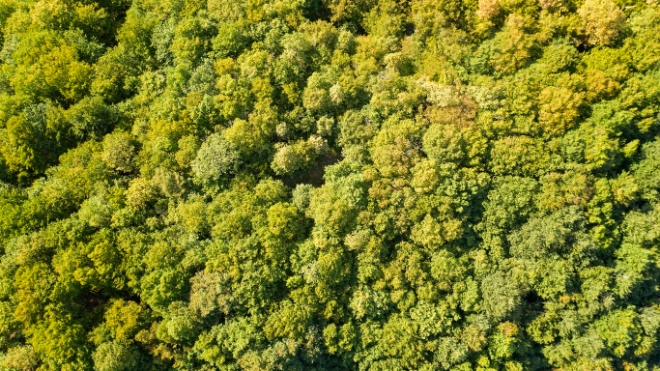
Consigliati per te

Helpful guides at your fingertips

Examples of high quality credit management processes and practices in a variety of different sectors and markets throughout the world

Success stories from our diverse range of clients







Carica di più
Visualizzazione 7 fuori da 9
Carica di più
Visualizzazione 7 fuori da 12



Case Study
EnCom Polymers: credit management for chemicals sector
With the backing of Atradius’s resources, EnCom Polymers has been able to expand business with existing customers and go after new business they previously would have shied away from.


Case Study
Follett: credit mangement for the manufacturing sector
How we helped Follett Corporation mitigate credit risks associated with establishing new customers in new markets.


Case Study
Pittards: credit management for the leather goods sector
We have been supplying Pittards with credit insurance since the 1980s. Jill Williams, Finance Director & Company Secretary, describes our relationship as a partnership, built on mutual trust.




Carica di più
Visualizzazione 4 fuori da 8
Carica di più
Visualizzazione 7 fuori da 10
Case study
L'Oreal: credit management for the beauty sector
As a successful business, L’Oréal Hong Kong wanted a partner that could help protect their regional interests and support their focus on further growth.
Explore





























